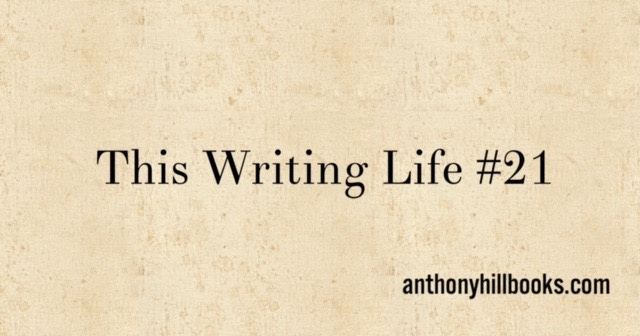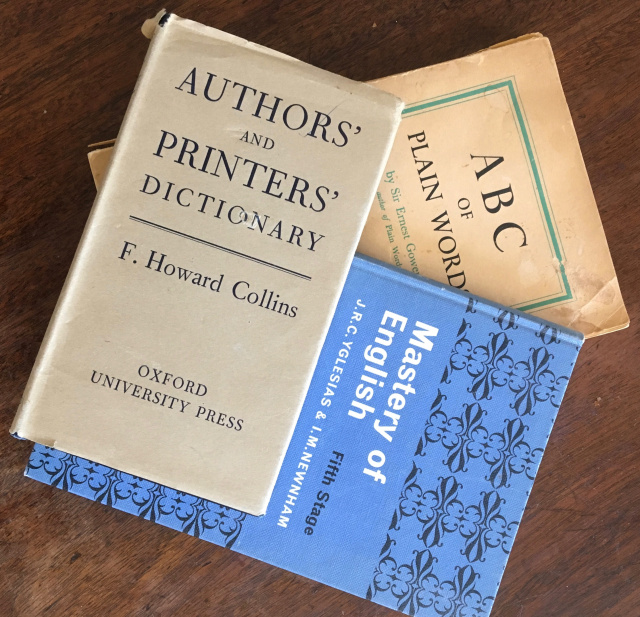Seven sensible steps to success as a writer #21
Step 3 (Continued): Punctuation…

Those grammatical thickets, full of untamed commas, apostrophes and other beasts of punctuation, are hazardous places that every writer must enter if we’re to master them. The trouble is there are few paths to guide you safely to their correct usage – though there are plenty to show where you’ve gone wrong.
We’ve all seen those signs outside fruit shops selling apples and orange’s. No need for an apostrophe there to indicate a plural. But what about the plural of a proper noun ending in 's'? Is it the Joneses? Or Jones’? And what about the possessive of a book belonging to Mr Jones? Jones’s book? Or Jones’ book?
Strictly it should be Jones’s, a contraction from the Old English ‘Jones his book’. But as Sir Ernest Gowers points out in his ABC of Plain Words, such rules are fluid, changing over time and individual preference among writers and publishing houses. As he observes of the comma, it’s proper use ‘can only be acquired by commonsense, observation and taste.’
It's obvious when a comma is misplaced and alters meaning, as in Lynne Truss’s 2003 book Eats, Shoots & Leaves – the title drawn from a sentence on the dietary habits of Pandas (not to mention a more vulgar parody Eats, Roots, Shoots and Leaves).
 But I feel her subtitle offering A Zero Tolerance Approach to Punctuation is itself misplaced, for there are few rules of punctuation so inflexible that they cannot be varied.
But I feel her subtitle offering A Zero Tolerance Approach to Punctuation is itself misplaced, for there are few rules of punctuation so inflexible that they cannot be varied.
Some editors refuse to allow a comma before the word ‘and’. Yet I find it’s sometimes necessary to maintain the coherence of a sentence where ‘and’ is not just a conjunction but leads to a further thought.
In such circumstances it’s good to have a reference by your side like Gowers or Fowler (or other favourite lexicon) to help you through the maze of opinion on punctuation and grammar. But in the end it’s usually your own artistry and intuitive understanding that will get you through.
As H.W. Fowler once observed, the world is divided into people who fret if it's correct to sometimes split an infinitive, and those who neither know nor care – of whom the latter are by far the happier.
